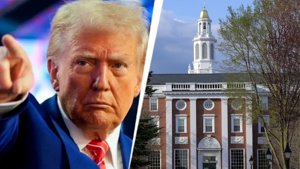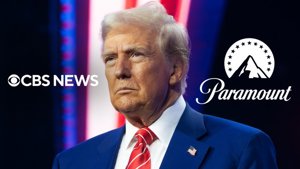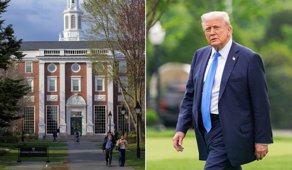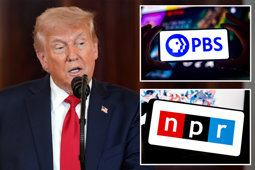
US Restricts Foreign Election Comments to Strategic Interests
State Department limits election statements abroad to clear US interests, shifting focus from democracy promotion to strategy.
US Limits Foreign Election Statements to ‘Clear and Compelling’ Interests
The United States has implemented a significant change in its diplomatic approach, with the State Department announcing it will only comment publicly on foreign elections when there is a “clear and compelling” American interest. This new directive, articulated in a memo from Secretary Marco Rubio, marks a shift away from promoting democratic values abroad and places strategic US interests at the forefront of public communications.
The memo instructs all overseas outposts and officials to avoid making statements about the fairness, legitimacy, or democratic nature of election processes in other countries unless high-level approval is granted—and even then, such permissions will be rare. “Consistent with the administration’s emphasis on national sovereignty, the Department will comment publicly on elections only when there is a clear and compelling US foreign policy interest to do so,” the directive states.
Under the new guidance, embassies and consulates are permitted to issue routine congratulatory messages to winners of foreign elections without needing approval from Washington, provided the outcome is not contested. However, if an election is marked by violence or fraud, or if a post wishes to criticize the process, senior-level signoff from the relevant bureau is required. The memo instructs staff to focus statements strictly on the outcome and to avoid commentary on the process itself.
Shift from Democracy Promotion to Strategic Interests
This policy update represents a notable departure from previous administrations, which often used public statements to encourage democratic practices and condemn undemocratic actions around the world. Instead, the Rubio directive places emphasis on US national sovereignty and advancing tangible foreign policy goals. “DO use messaging on elections to advance a US foreign policy goal,” the memo instructs. “DON’T use it to promote an ideology.”
Officials are also directed to consider whether their statements reflect the president’s own views, as articulated in his May speech in Saudi Arabia. During that address, President Donald Trump made clear that the US would no longer intervene in the domestic affairs of other nations—a move designed to move beyond decades of interventionist policy in the Middle East and elsewhere.
While the administration’s overall policy is one of restraint, there have been recent exceptions. For example, last week Trump imposed a 50% tariff on Brazil in response to the trial of former President Jair Bolsonaro, who faces accusations of orchestrating a coup attempt after the 2022 election. Such targeted interventions, however, are now the exception, not the rule.
The revised approach has significant implications for US diplomacy. Human rights advocates and opposition groups in foreign countries have long viewed US statements on elections as signals of international support or condemnation. Going forward, Washington’s voice will be reserved for moments where strategic American interests are directly at stake, rather than as a routine instrument of democracy promotion.
As the State Department adjusts to this new doctrine, US officials abroad are tasked with ensuring that all public messaging aligns with the administration’s priorities, advancing policy objectives while respecting the sovereignty of other nations.






